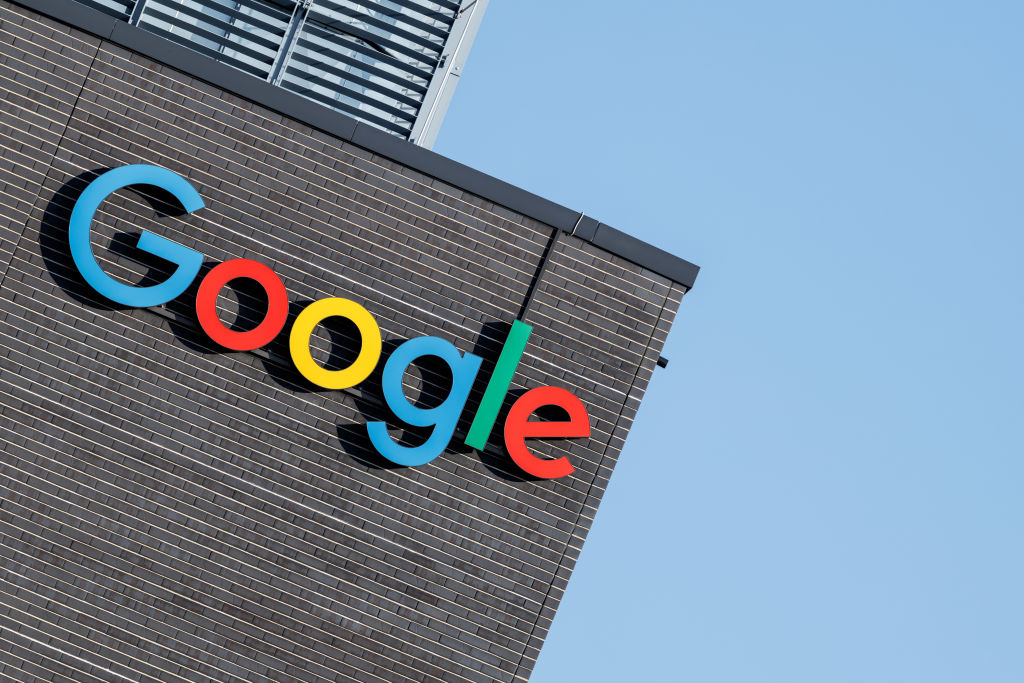Google Advocates for Eased Copyright and Export Regulations in Bold AI Policy Proposal
In response to the Trump administration’s call for a national “AI Action Plan,” Google has recently unveiled a comprehensive policy proposal that emphasizes the importance of artificial intelligence (AI) in driving innovation and economic competitiveness. This proposal aligns with the company’s vision for a balanced approach to AI regulation, advocating for minimal copyright restrictions and export controls that support both national security and global business operations.
Google’s AI Policy Proposal Overview
In its document, Google highlights the necessity for the U.S. to adopt a proactive international economic policy that promotes American values and fosters AI innovation on a global scale. The company asserts that past AI policymaking has overly focused on potential risks, often neglecting the adverse effects of overly stringent regulations on innovation and scientific leadership. Google states:
“For too long, AI policymaking has paid disproportionate attention to the risks, often ignoring the costs that misguided regulation can have on innovation, national competitiveness, and scientific leadership.”
Key Recommendations on Copyright and AI Development
One of the more contentious aspects of Google’s proposal involves the use of intellectual property (IP)-protected materials. The tech giant argues that:
- Fair Use and Exceptions: Google emphasizes the importance of “fair use and text-and-data mining exceptions” as critical for AI development and scientific innovation.
- Training on Publicly Available Data: The company seeks to codify the right to utilize publicly available data, including copyrighted material, for AI training without significant restrictions.
According to Google, these exceptions facilitate the use of data for AI training while minimizing the impact on rightsholders, thereby avoiding lengthy negotiations during model development.
Challenges and Legal Battles
Despite its stance, Google is currently facing lawsuits from data owners who claim the company did not inform them or provide compensation for the use of copyrighted data in AI training. The legality of the fair use doctrine as it pertains to AI developers remains unresolved in U.S. courts.
Export Controls and Competitive Edge
Google also critiques certain export controls established under the Biden administration, arguing that they could undermine the competitiveness of U.S. cloud service providers. The company suggests that these rules impose undue burdens, contrasting with the views of competitors like Microsoft, which has expressed confidence in its ability to comply with the regulations.
Investment in R&D and Data Access
In its proposal, Google advocates for:
- Long-term Investments: Sustained federal investments in foundational domestic research and development (R&D).
- Access to Datasets: The government should release datasets that are beneficial for commercial AI training.
- Funding for Early-stage R&D: Allocating resources to early-market research while ensuring that computing resources and models are accessible to scientific institutions.
Need for Comprehensive AI Legislation
Google emphasizes the urgent need for federal legislation on AI to address the chaotic landscape created by varying state laws. With over 781 AI-related bills pending in the U.S., the company believes a unified approach is essential for effective regulation.
Concerns Over Liability and Transparency Requirements
The company cautions against imposing stringent liability obligations on AI developers, arguing that they often lack visibility and control over the usage of their models. Google has historically opposed regulations, such as California’s SB 1047, which detailed developer responsibilities regarding model safety.
Additionally, Google criticizes proposed disclosure requirements, stating they could be overly broad and potentially compromise trade secrets and national security:
“The U.S. government should oppose transparency rules that require divulging trade secrets, allow competitors to duplicate products, or compromise national security.”
As countries and states continue to enact laws mandating increased transparency from AI developers, the landscape for AI regulation is evolving rapidly. For instance, California’s AB 2013 obliges companies to disclose high-level summaries of training datasets, while the upcoming EU AI Act will require detailed operational instructions from model deployers.
For more insights on AI policy and regulation, visit our dedicated AI regulation page or explore the latest trends in AI technology.







